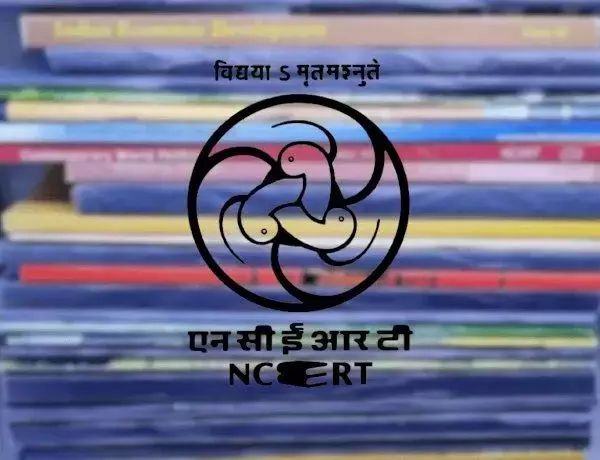References to Mughals, Delhi Sultanate dropped from new NCERT textbooks

New Delhi: All references to Mughals and Delhi Sultanate have been dropped from class 7 NCERT textbooks, while chapters on Indian dynasties, ‘sacred geography,’ references to Maha Kumbh, and government initiatives like Make in India and Beti Bachao, Beti padhao are among the new additions.
The new textbooks released this week have been designed in line with the new National Education Policy (NEP) and the National Curriculum Framework for School Education (NCFSE) 2023, which emphasise incorporating Indian traditions, philosophies, knowledge systems, and local context into school education.
When contacted, NCERT officials said these are only first part of the book and second part is expected in coming months. They, however, did not comment on whether the dropped portions will be retained in the second part of the book.
While NCERT had previously trimmed sections on the Mughals and Delhi Sultanate — including detailed account of dynasties like Tughlaqs, Khaljis, Mamluks, and Lodis and a two-page table on Mughal emperors’ achievements as part of its syllabus rationalisation during the COVID-19 pandemic in 2022–23, the new textbook has now removed all references to them.
The book now has all new chapters with no mention of Mughals and Delhi Sultanate throughout.
The Social Science textbook “Exploring Society: India and Beyond” has new chapters on ancient Indian dynasties like the Magadha, Mauryas, Shungas, and Sātavāhanas with a focus on “Indian ethos.”
Another new edition in the book is a chapter called “How the Land Becomes Sacred” that focuses on places considered sacred and pilgrimages across India and outside for religions like Islam, Christianity, Judaism, and Zoroastrianism, Hinduism, Buddhism and Sikhism.
The chapter introduces concepts like “sacred geography” detailing networks of such places as 12 jyotirlingas, the char dham yatra, and the “Shakti pithas.” The chapter also details such places as river confluences, mountains, and forests, which are revered.
The text includes a quote from Jawaharlal Nehru, who described India as a land of pilgrimages — from the icy peaks of Badrinath and Amarnath to the southern tip at Kanyakumari.
The textbook claims that while the varna-jati system initially provided societal stability, it later became rigid, particularly under British rule, leading to inequalities.
The Maha Kumbh mela held in Prayagraj earlier this year also finds mention in the book and states that how around 660 million people participated in it. There is no mention of the stampede in which 30 pilgrims died and several injured.
References to government initiatives like Make in India, Beti Bachao Beti Padhao and the Atal Tunnel, have been included in the new textbook.



